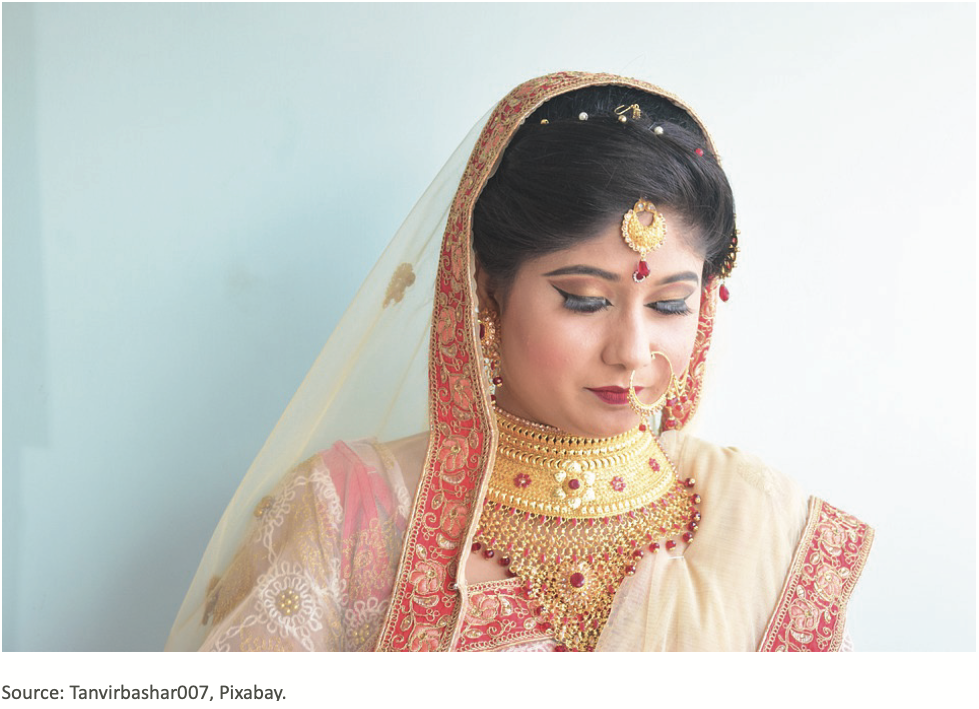
Muslim women are reportedly facing a “marriage crisis” in the U.S., as increasing numbers are experiencing divorces as well as difficulties finding Muslim husbands. An interview appearing in the Washington Post blog The Lily (September 20) features Tahirah Nailah Dean, an Afro-Latina Muslim lawyer and writer who has collaborated on a new photo series documenting the experiences of single Muslim women around the country. While scholars and Muslim leaders have often referred to the marriage crisis as involving the growing divorce rate in the Muslim community, and marriage counselors and imams have focused on initiatives to help keep marriages together, Dean notes that far less research has been done on the growing number of Muslim singles. She adds that unmarried women outnumber single men since the latter are allowed to marry outside their religion while Muslim women are not allowed to do the same. These unmarried women tend to be between the ages of 25 and 35, are often highly educated and high-achieving, and many are also black or dark-skinned. Dean observes that in the Muslim community there is an emphasis on marriage being part of the faith, getting married young, and parental approval or facilitation. “There’s cultural baggage[,] with mothers especially having this idea of who their sons should marry, wanting their daughters-in-law to take on more traditional duties, staying at home, having less regard for wives that are high-achieving, having an idea that a woman ‘expires’ if she remains unmarried past 27.”

Dean, who is also writing a book on unmarried Muslim women, says that when she speaks “with matchmakers and women over 30, when they encounter men in their age bracket, they’re all looking for 20-something women. The blame is always put on the woman, that she waited too long to start looking, that she made the mistake of prioritizing her education and career. But men are doing that too, and it’s only women that are getting penalized for it.” As for racial and ethnic discrimination, Dean notes that it is not so much the case that Muslim men are not interested in Muslim women of color. But when it comes time to introduce their parents to these women, they will say, “‘Actually, my parents aren’t okay with me marrying outside of my ethnicity,’ or even, ‘I didn’t realize that they’re not okay with that.’ Sometimes it’s not explicitly stated. Their parents will say, ‘Oh, she’s not going to know how to make dinner this way’ or ‘She doesn’t understand our language.’”
(The Lily, https://www.thelily.com/some-muslim-american-women-say-they-are-facing-a- marriage-crisis-these-photos-tell-their-stories/)